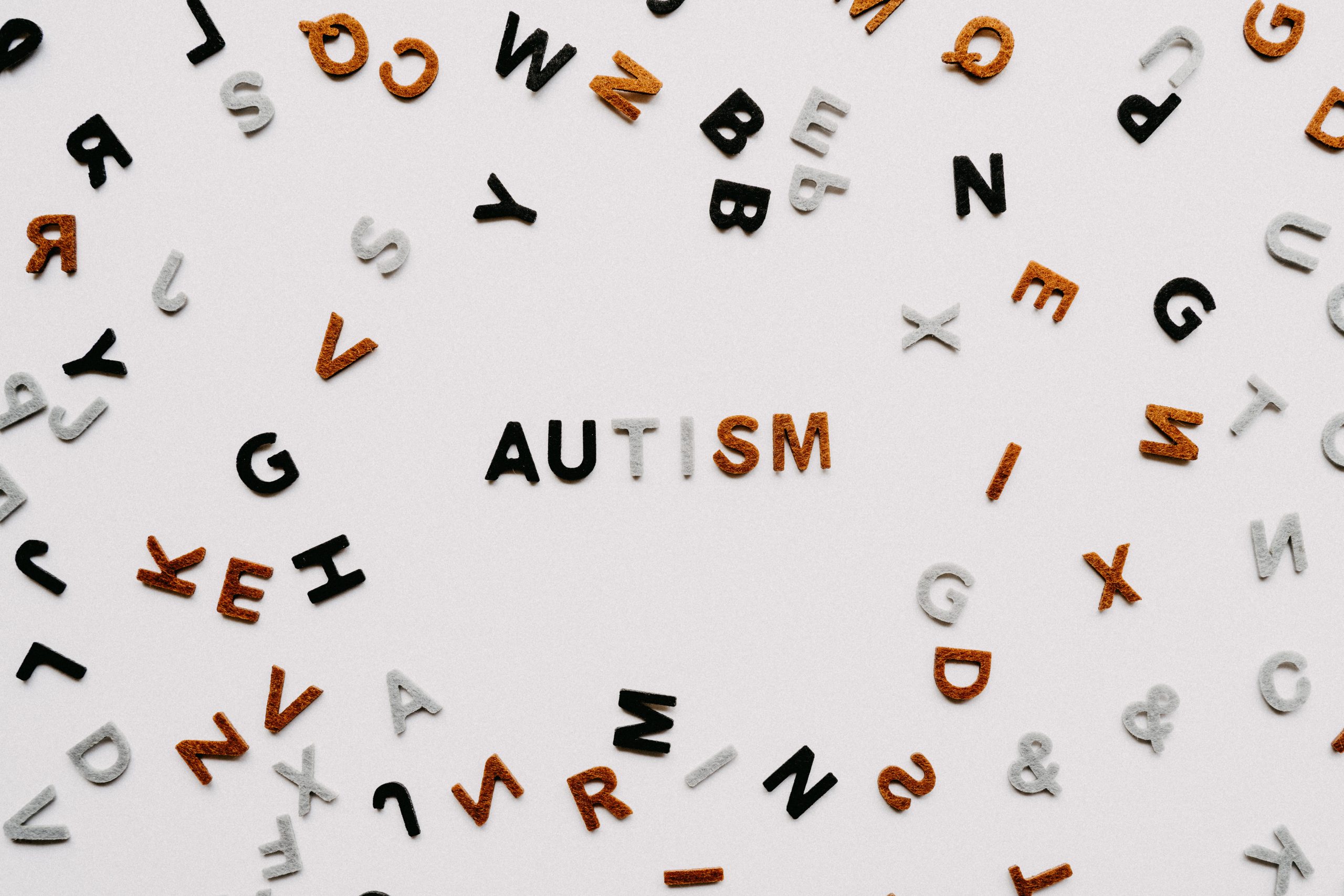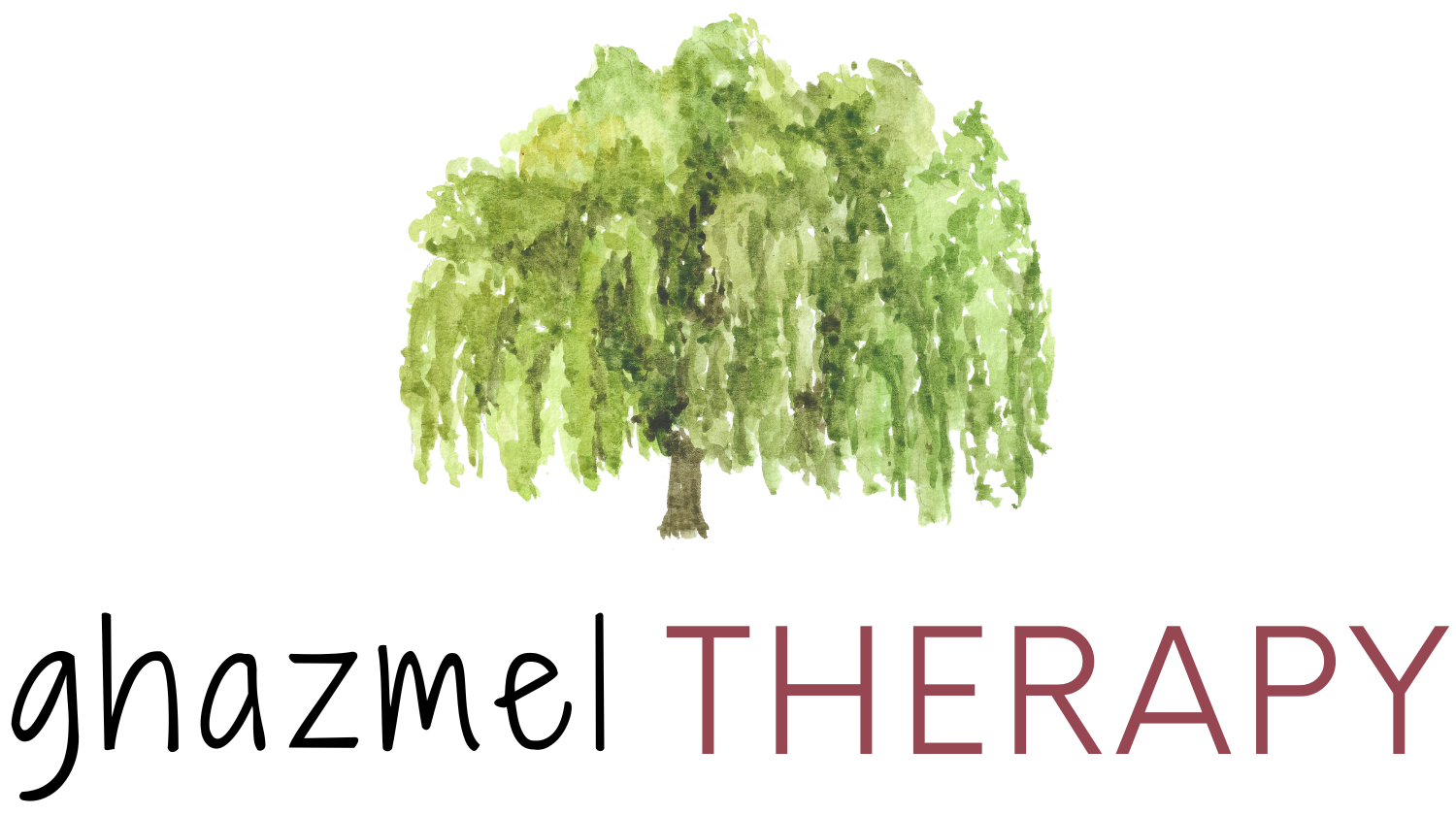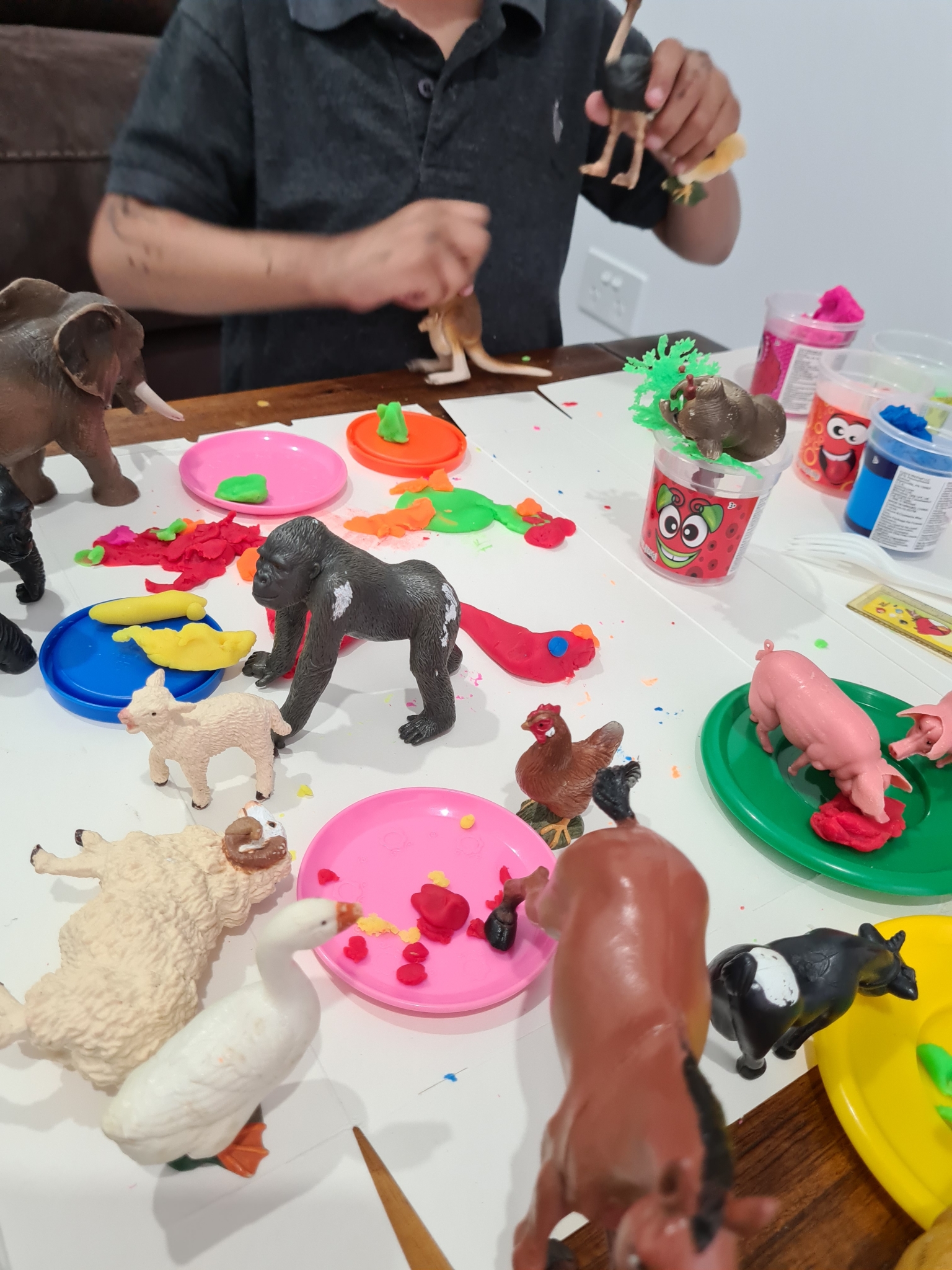Autism And
Asperger’s
WHAT IS IT?
Autism • Asperger’s
Autism and Asperger’s are two neurodevelopmental conditions generally called learning disabilities.
Autism Spectrum Disorder is a neurological developmental condition that starts in childhood. It changes the way individual experience and reacts to the world.
Autism differs from person to person in a wide range of symptoms, skills, and levels of disability as well as the severity and combinations of symptoms. Hence the term “spectrum”.
People with neurodevelopmental disorders are also more likely to have additional developmental disorder or develop mental health problems than others because they simply can’t fit into traditional system.
Autism spectrum disorder is more common in boys than in girls, and many girls with ASD exhibit less obvious signs compared to boys. Although autism is a lifelong condition, many people diagnosed with ASD go on to live independent, productive, and fulfilling lives.
Asperger is now recognised as a mild case of autism spectrum disorder. It mainly affects social interactions and nonverbal communication. People with Asperger have difficulty with back-and-forth conversation and might have restricted interests. They are highly focused and persistent, have a tendency for recognising patterns, and pay great attention to detail.
We are neurodiverse beings. We are different in the way we learn, feel, think, socialise, form memories & function.
Signs • Symptoms
The symptoms appear in early childhood
- The person’s brain development is interrupted (neurodevelopmental)
- The symptoms do not show signs of getting worse or better
Signs of autism spectrum are:
- Social interaction and communication. These are difficulties in normal back-and-forth conversation, reduced sharing of interests or emotions, difficulty understanding or responding to social cues like eye contact and facial expressions, difficulty forming, maintaining, and understanding relationships with others.
- Restrictive and repetitive patterns of behaviours, interests, and activities.
- Individual may have repetitive movements or unusual behaviours such as flapping hands, or rocking. They may become obsessively interested with objects or topics.
- People on the spectrum are generally logical thinkers and like facts, they can stay highly focused on activities they like, detailed, prefer routines, and have a unique way of seeing the world.
Asperger is now recognised as a mild case of autism spectrum disorder. It mainly affects social interactions and nonverbal communication. People with Asperger have difficulty with back-and-forth conversation and might have restricted interests. They are highly focused and persistent, have a tendency for recognising patterns, and pay great attention to detail.

We are different in the way we learn, feel, think, socialise, form memories & function

INCLUSIVE + AUTHENTIC + INTEGRATED
HOW DO WE HELP
We apply different forms of psychotherapy (such as cognitive behaviour therapy), behavioural interventions, and play therapy.
IN THERAPY WE FOCUS ON:
Emotions
Autistic people find it hard to understand, show, and manage their own emotions. They also have difficulty recognising emotions, and emotional cues such as facial expressions, tone of voice, and body language in others.
Moreover, they often find it challenging to respond to other people’s emotions which might seem as if they lack empathy.
We help with learning about emotions, recognising own and others’ emotions, and developing skills in managing and responding to emotions through use of everyday interactions, strategies, games, plays, and talk.
Social Skills
Social skills are the rules that guide us interact with the world. We learn social skills through experiences and gradually create a social map that helps us maneuver different situations.
For people with autism, it is harder to learn and build up such skills. Therefore, they need help in learning how to act in different situations.
We help learning social skills and practice them by direct and indirect instruction in realistic and everyday settings.
Let’s Get Started. Contact Us Today.
Behaviour
They behave in challenging ways because they often have trouble understanding what’s happening around them, have difficulty communicating their own wants and needs, and are highly stressed. Their behaviour might also have a specific trigger like change of routine, transition, and sensory overload.
We work with individual and families in:
- understanding behaviours
- identify triggers
- reinforce wanted behaviours and reduce unwanted behaviours
- preparing for situations
- teaching and roll modelling alternative and cooperative behaviour
- encourages positive behaviours and discourages negative ones
- remodeling environment
Verbal Skills
We support individual to learn, develop, build, and practice language skills.


